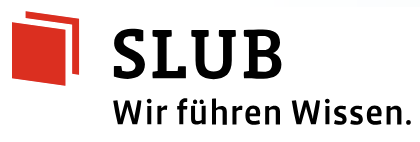Adaptive processes in the musical classroom. A videobased perspective
DOI:
https://doi.org/10.62563/bem.v2015125Keywords:
Adaptivität, Kooperatives Lernen, Musikunterricht, VideographieAbstract
Making a fit between students’ individual and always heterogeneous preconditions for learning, on the one hand, and the teaching learning arrangement, on the other, is a central factor of quality in the discourse on good teaching, not least in light of the current expansion of inclusive teaching (Helmke, 2004). Providing a process-oriented perspective on adaptive teaching, this study investigates adaptive, interactive processes in the music classroom and thus expands dominant views on adaptivity in education research that are limited to the behavior and competences of teachers (Beck et al., 2008; Brühwiler, 2014). This contribution introduces the “fitting process” – a newly developed heuristic construct that helps to mark key scenes of interaction in music classrooms as subjects for further investigation. Subsequently, we describe a case study in which a teaching strategy can be observed in its interactive context. We analyzed a students’ collaboration in which the reciprocal ascription of expertise became central to the students’ processes of negotiation.
Downloads
Published
How to Cite
Issue
Section
License
Bulletin of Empirical Music Education Research (b:em) is published as an open access online journal. All articles are freely accessible online free of charge, there are no publication fees (Diamond Open Access). The standard licensing of the articles is CC BY-NC 4.0 (Creative Commons Attribution-Non Commercial 4.0 International (CC BY-NC 4.0))


